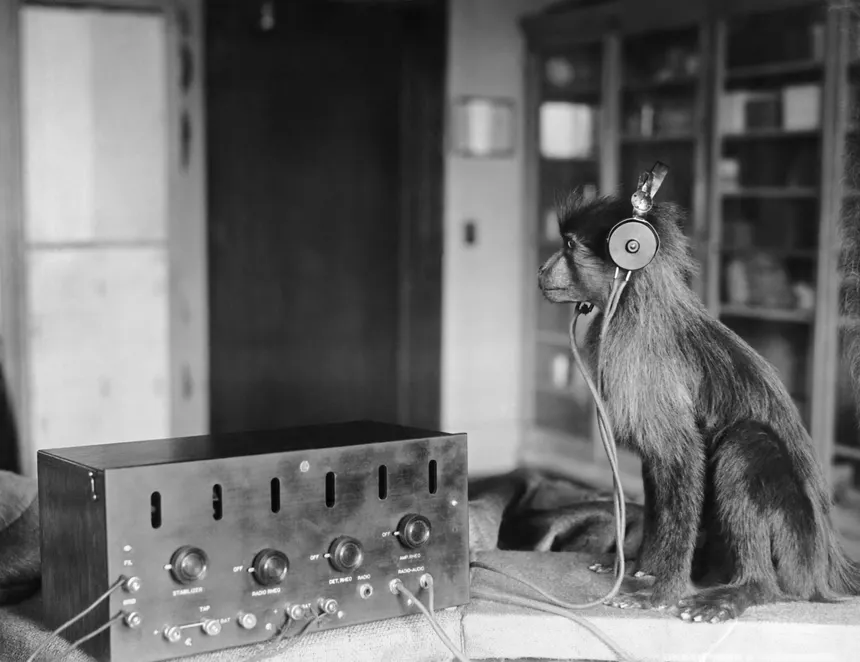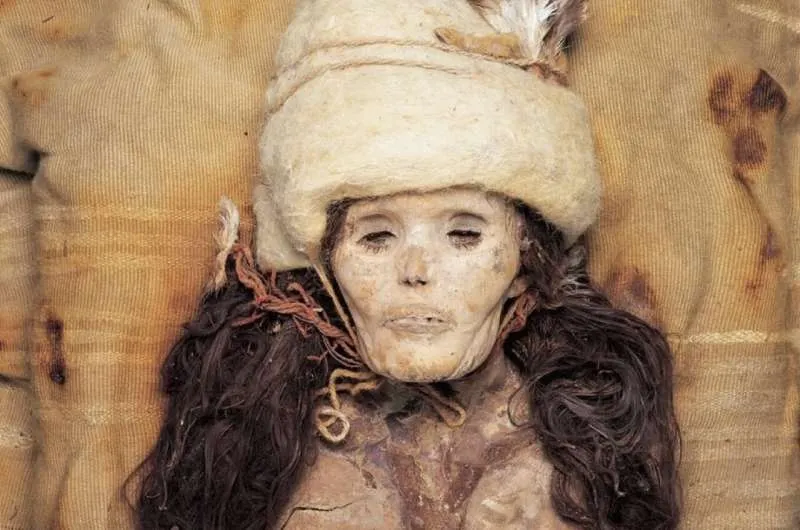Why the Name of Alaska’s Peak Changed From Mt. McKinley to Denali
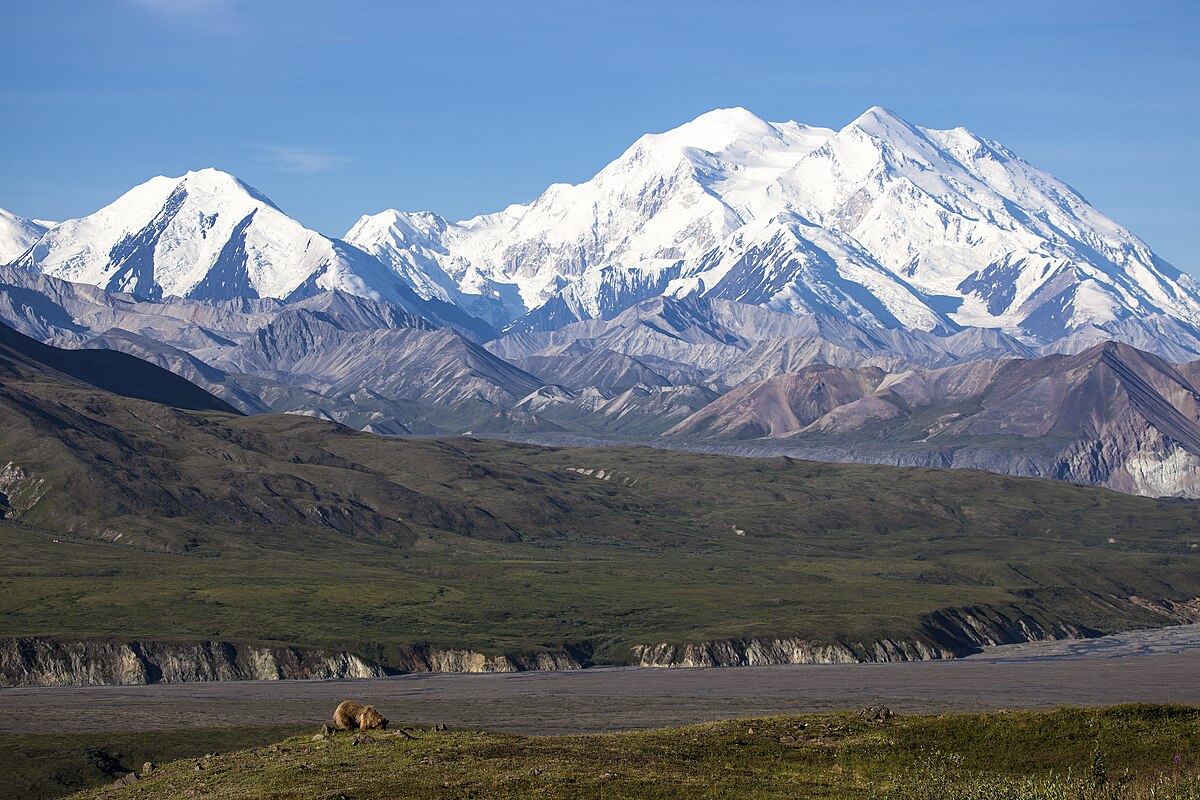
In 2015, after decades of debate and cultural contention, the tallest mountain in North America officially reclaimed its Indigenous name: Denali. Previously known for over a century as Mount McKinley, this peak towering at 20,310 feet (6,190 meters) in south-central Alaska became the subject of one of the most prominent place-name restorations in U.S. history. The renaming marked not only a geographical correction but also a profound recognition of Native Alaskan heritage, language, and sovereignty.
This article explores the full history of the name change, the significance of the mountain to Native cultures, the political battles surrounding the debate, and why the shift to Denali represents more than just a name—it’s a restoration of identity.
The Mountain Before McKinley: A Sacred Name
For thousands of years, the Koyukon Athabaskan people, a Native Alaskan group, referred to the mountain as “Denali,” meaning “The High One” or “The Tall One” in their language. Denali held a sacred place in their worldview, embodying spiritual power, geographical orientation, and cultural identity.
The name predates Western contact, with oral histories and Indigenous cosmologies centering around the mountain. For the Koyukon and other Alaska Native communities, Denali was never just a peak—it was a sacred living presence.
The Naming of Mount McKinley: A Political Coincidence
In 1896, a gold prospector in the region named the peak “Mount McKinley” in honor of William McKinley, a Republican presidential candidate from Ohio—despite McKinley having no direct connection to Alaska and never visiting the state. The name was a political gesture during a time of gold rush fervor and growing U.S. territorial expansion.
In 1917, the name was officially adopted by the U.S. federal government, and it appeared on maps, park names, and signage for decades to follow.
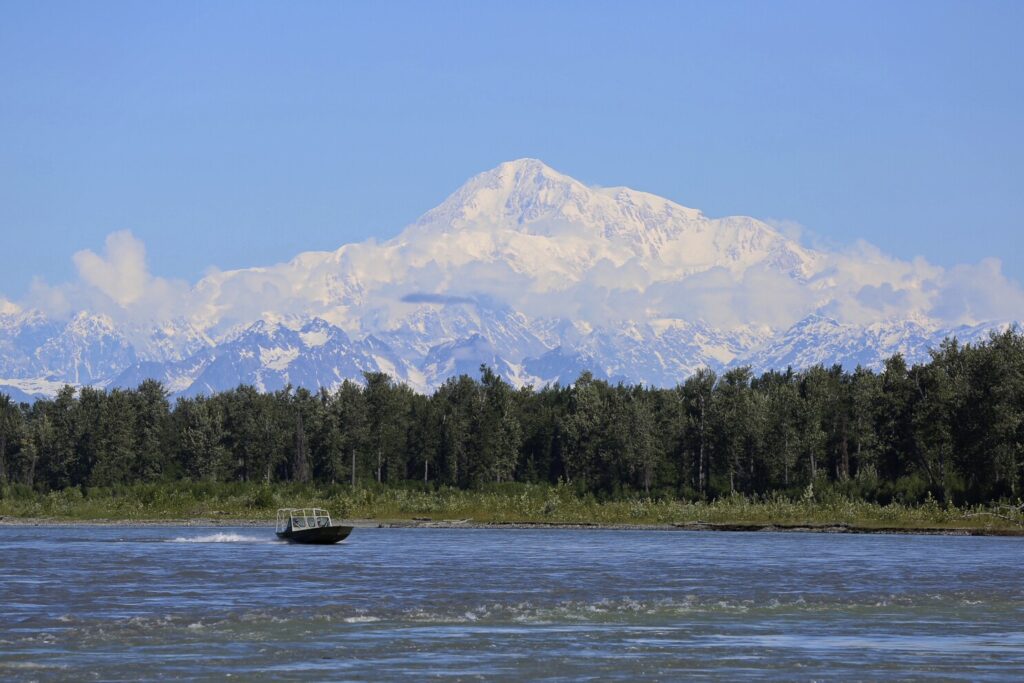
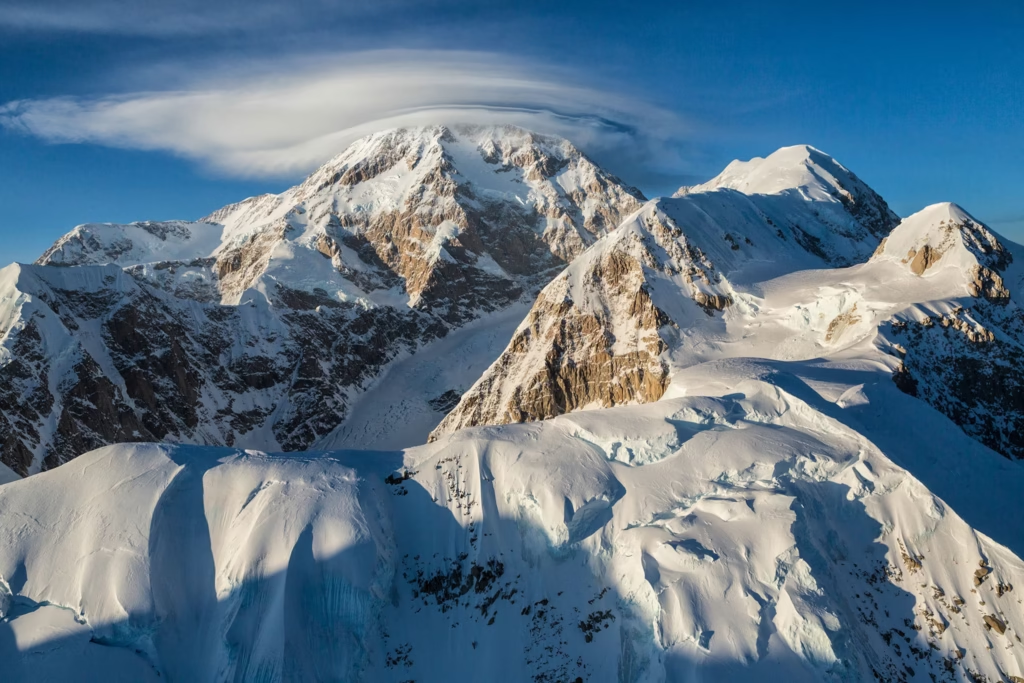
The Push to Restore “Denali”
Calls to restore the mountain’s original name began as early as the 1970s, driven primarily by:
- Alaska Natives and local residents, who continued to use “Denali” regardless of official designation.
- The Alaska State Government, which formally changed its own usage to “Denali” in 1975 and repeatedly petitioned the federal government to do the same.
- Cultural and academic historians, who recognized the name “McKinley” as a colonial imposition.
The federal name change was consistently blocked by politicians from Ohio, McKinley’s home state, who saw the retention of “Mount McKinley” as an homage to their native son.
The Obama Administration’s Executive Action
After decades of political gridlock, President Barack Obama’s administration acted in August 2015. Using the authority of the U.S. Secretary of the Interior, Sally Jewell announced that the name of the mountain would be officially changed to Denali within federal records and agencies.
Key reasons cited:
- The name “Denali” had been used locally and culturally for centuries.
- “Mount McKinley” lacked meaningful ties to the region or its people.
- Restoring Denali aligned with broader goals of honoring Native American heritage.
The renaming was widely celebrated in Alaska, especially among Native groups, though it sparked political backlash from some Ohio lawmakers.
Reactions and Significance
Celebration in Alaska
For many Alaskans, especially the Koyukon Athabaskans, the renaming was a long-overdue act of respect and cultural restoration. It acknowledged:
- Native sovereignty
- The importance of Indigenous languages
- The erasure of colonial naming systems
Backlash from Ohio
Some politicians viewed the change as a slight against President McKinley’s legacy. However, even historians agreed that McKinley’s connection to the mountain was minimal and arbitrary.
Denali in Modern Context
Today, Denali National Park and Preserve encompasses over 6 million acres and is one of the most visited natural landmarks in the U.S. The name “Denali” has since gained universal acceptance in maps, media, education, and tourism.
The name change is part of a larger global movement to restore Indigenous place names. From Aotearoa (New Zealand) to Uluru (Australia), many countries are re-evaluating colonial naming practices in favor of historical accuracy and cultural respect.
Why the Name Matters
The shift from “Mount McKinley” to “Denali” is more than symbolic. It reflects:
- Historical justice for Indigenous peoples
- Cultural acknowledgment in national narratives
- The idea that naming is power, and restoring names restores histories
- A shift in values: from honoring political figures to honoring original stewards of the land

Conclusion
The story of Denali’s name is a microcosm of America’s ongoing reckoning with its past. It’s a story of colonial imposition, cultural resilience, and the power of restoration. By restoring the mountain’s true name, the United States recognized not only the towering beauty of Denali itself but also the enduring strength of the people who named it long before the maps were drawn.




